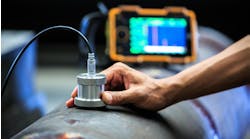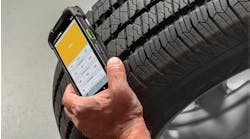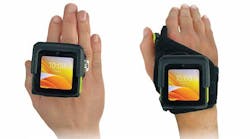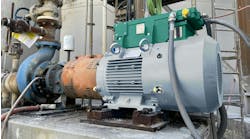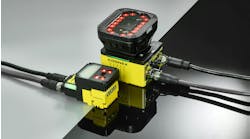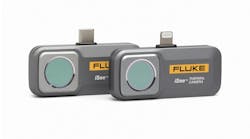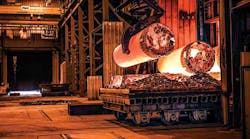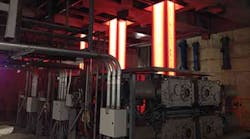For all the attention given to aerospace developments, and powertrain and drivetrain parts, forged wheels remain a critical, high-volume aspect of the global forging industry
Recently Otto Fuchs KG ordered two new closed-die forging presses from SMS group to expand production of aluminum wheels at its Tatabánya plant near Budapest, Hungary. It’s a reminder that – for all the attention given to aerospace forging developments, and to automotive and commercial vehicle powertrain and drivetrain parts forging, producing wheels remains an important and high-volume aspect of the global forging industry.
Forged aluminum wheels have cachet value among performance auto manufacturers, including BMW and Lamborghini, and even Formula 1 shops. Along with an attractive, shiny surface, forged aluminum is light enough to have an impact in vehicle weight reduction efforts; and strong and durable enough to enhance vehicle performance.
Otto Fuchs produces open-die forgings and closed-die forgings in small and large batches, from smaller orders to series production over 10,000 pieces/day.
The two new SMS hydraulic machine (40 MN, 80 MN) will start up in Q3 of 2016.
Forged wheels may be something of a preference for European automakers, but U.S. forgers are not out of the picture. Aluminum Precision Products in Santa Ana, CA, is widely recognized for forging aircraft structural parts, but the shop also does a steady business forging aluminum wheels for the performance vehicle sector.
Alcoa is a high-volume forged wheel producer – in the U.S., EU, and China — and a prolific developer of forged wheel alloys and designs, for automobiles and commercial vehicles. The Ultra ONE™ it introduced last year is forged in a proprietary alloy called MagnaForce that Alcoa claims is 47% lighter than comparably sized steel wheels, and on average 17% stronger than Alcoa’s 6061 alloy wheels.
Forged aluminum wheels for cars and trucks are one of the ‘value added’ product categories that Alcoa is counting on to make its downstream operations attractive to new investors when a planned spin-off is implemented next year.
The U.S. commercial vehicle market is more receptive to forged wheels than the passenger sector, and Accuride Corp. is perhaps the most determined supplier to those OEMs. It has spent recent years updating its wheel manufacturing operations, for quality and productivity, and the market has noticed.
In September, two Accuride plants were recipients of “quality supplier” awards for their 2014 performances for Daimler Trucks North America, the manufacturer of Freightliner trucks and other brands. Accuride’s Henderson, KY, steel wheel plant and the Accuride de Mexico steel and aluminum wheel plant in Monterrey, have each been awarded the same award numerous times in previous years.
Accuride also has developed new aluminum wheels recently: last year it introduced the 22.5x14-in. Accu-Lite® Duplex™ aluminum wheels it said are up to four pounds lighter than the models they replaced. It also claimed the lighter versions mean it is able to offer the lightest-weight range of standard aluminum wheels (based on total weight) to the North American commercial vehicle industry.
New and lighter wheels is the trend for the automotive segment too: ThyssenKrupp Carbon Components and Maxion Wheels are developing a forged wheel that combines aluminum and carbon fiber composite material, which they will market to the premium-vehicle market. They state that their combined expertise in materials and wheel manufacturing will result in “exceptional performance benefits at an attractive price point.”
Prototype wheels for luxury cars and SUVs have been developed, and lab testing for the products has been completed. Maxion is supplying “liquid-forged aluminum discs” for the manufacturing program. Together, ThyssenKrupp and Maxion Wheels are working with Volkswagen to road test prototypes of their wheels. The results they have reported indicate the aluminum/CFC material helps to reduce vibration and road noise.
Further development will be carried out with vehicle manufacturers to customize wheels that the partners claim will achieve weight savings of up to 40% compared to standard forged aluminum wheels.
